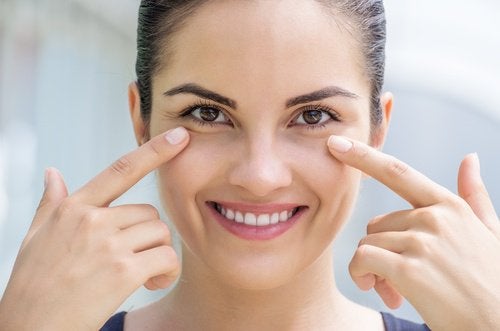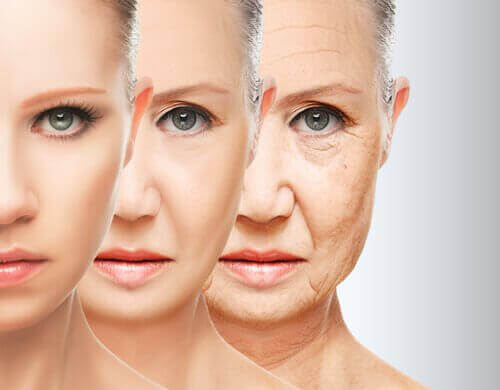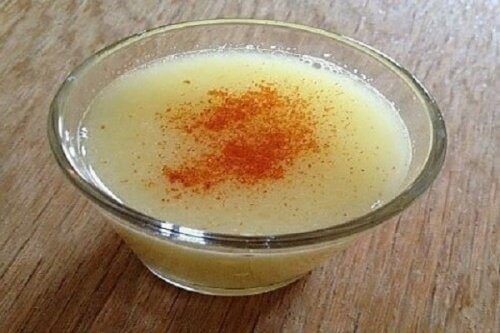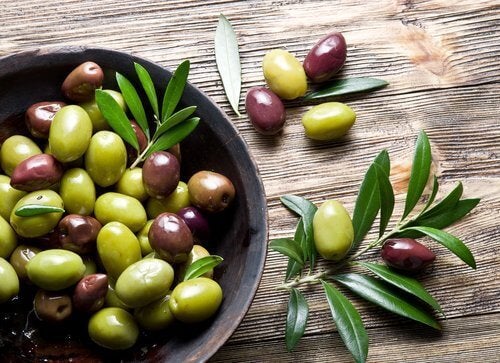Collagen replenishment can be done by eating eight foods that are rich in this nutrient, in addition to the creams and lotions you use for external use.
If you are over 35 and notice that your skin has lost its elasticity, firmness and the first wrinkles have begun to appear, the culprit is collagen.
Collagen is a protein made from connective tissue cells known as fibroblasts. It makes up about 30% of your body's total protein mass and 80% of connective tissue.
In simpler terms, this protein is the glue that holds your body together. Without it, your body could not hold all its parts together.

The health of your skin is directly related to collagen, which is responsible for protecting its structure and creating walls of protection from toxins and other external, harmful factors.
It is the main component of your hair and nails, as well as locks and connective tissue. More specifically, it is responsible for the firmness of your skin and is the largest part of your skin.
People start to lose collagen around the age of 25, and it becomes more apparent after the age of 35.
As collagen decreases, the structure of the epithelial tissue weakens, the skin weakens, your hair becomes less strong and wrinkles and bags begin to appear on the skin.
Also, your tendons and locks become less elastic and your joints lose their flexibility. That is why it is a good idea to replenish collagen.
As she mentions in her study, which can be found here, Dr. Ekaterini Liakou some of the factors that contribute to collagen loss are:
Exposure to the sun, smoking, pollutants, toxins, stress and excessive exercise increase the production of free radicals, which can destroy your existing collagen stores.
Low hormone production during menopause and aging also reduce collagen production.
Health problems with treatments that prevent the body from absorbing vitamins and minerals, worsen the symptoms.

Although collagen production has begun to decline, not everything is lost. There are some foods rich in this protein and others that can help you produce it.
Consuming them can help you replenish collagen and thus you will be able to regain the firmness, freshness and elasticity of your skin.
Meat is an important, nutritious element of your diet.
Thanks to the high collagen content, the best types of meat are:
Calf
Chicken
Goat
Ox
Deer
Pork (mainly legs)
The skin, bones and intestines are also rich sources of protein and collagen, such as pork skin, bone broth, etc.
Although fish have a lower content of this nutrient, compared to other protein sources, fish scales in particular, have plenty of collagen.
Also, the omega-3 fatty acids found in salmon and tuna can help protect the membrane around the cell tissue.
This has the effect of reducing inflammation and providing elasticity and firmness.

Gelatin is 90% composed of collagen protein derivatives. It is also very low in calories.
Red fruits, such as apples, strawberries, cherries, beets, red peppers and more, contain lycopene, a substance which, in addition to being an amazing antioxidant, also helps produce collagen.
Vitamin C is essential for collagen production. You will find it in oranges, lemons, kiwis, grapefruits, mangoes, pineapples and more.
They also contain antioxidants that reduce the formation of wrinkles.
Vegetables such as cabbage, eggplant, endive and spinach, are perfect for collagen production.

Foods such as celery, green and black olives, garlic, cucumber, bananas, onions and tofu are high in sulfur, which stimulates collagen production.
Other foods that you should include in your diet are soy milk, cheese, tea, nuts and lysine-rich foods such as potatoes, seaweed and yeast.
All these products can be easily obtained. Combine them as you wish in your diet. Make sure your diet is healthy and balanced and you will start to see results on your skin when your body increases collagen production.
via
